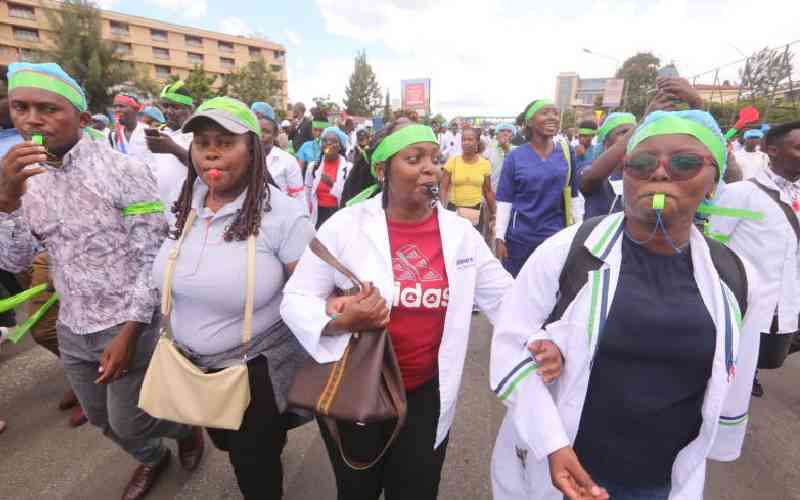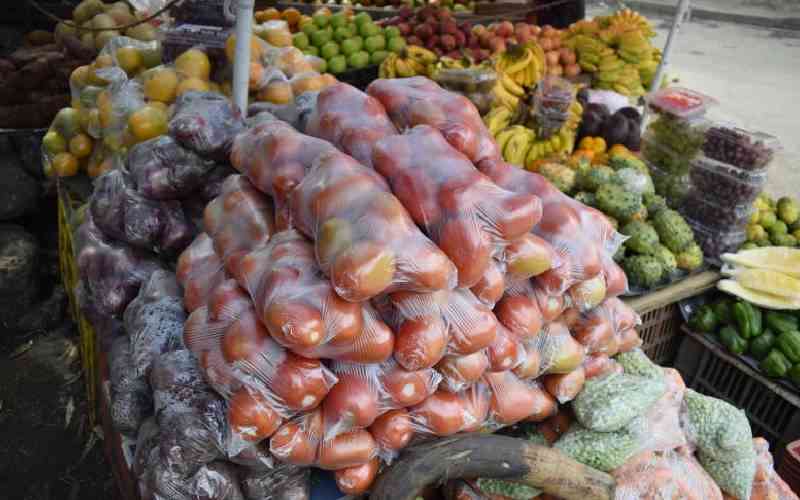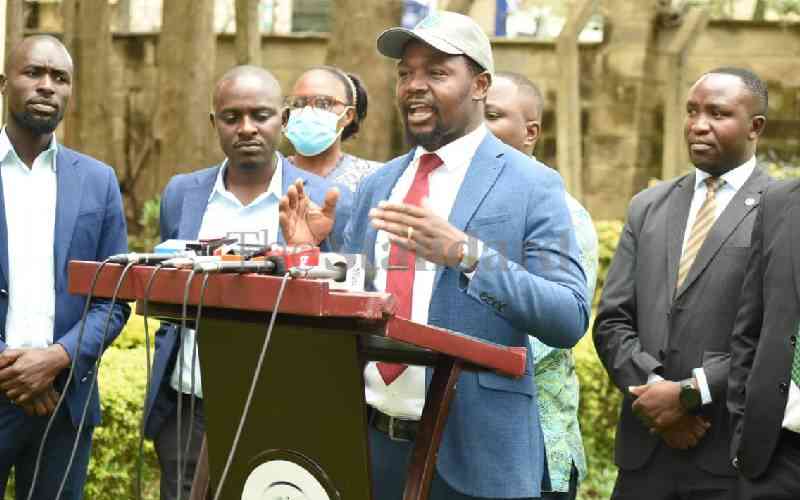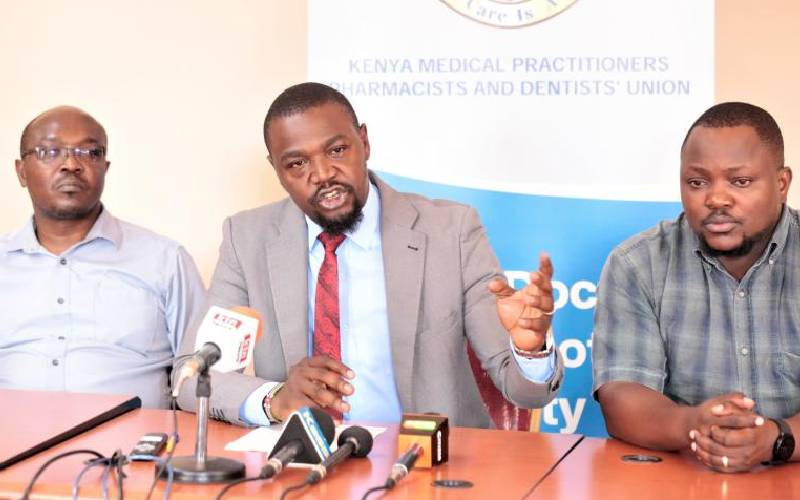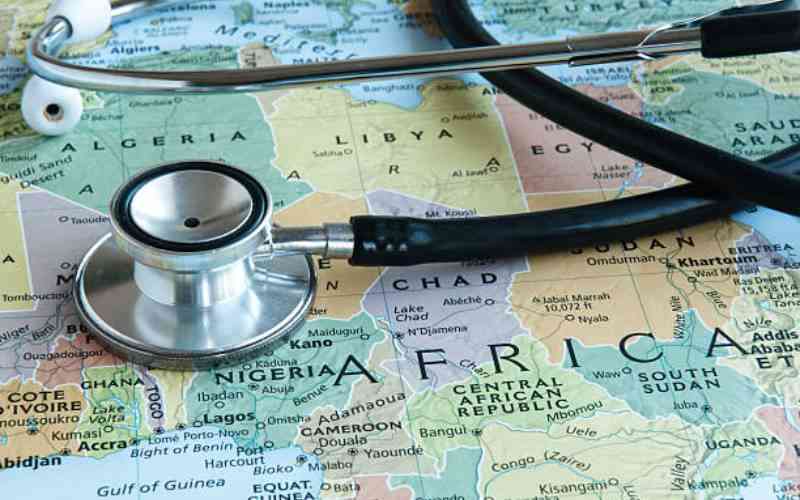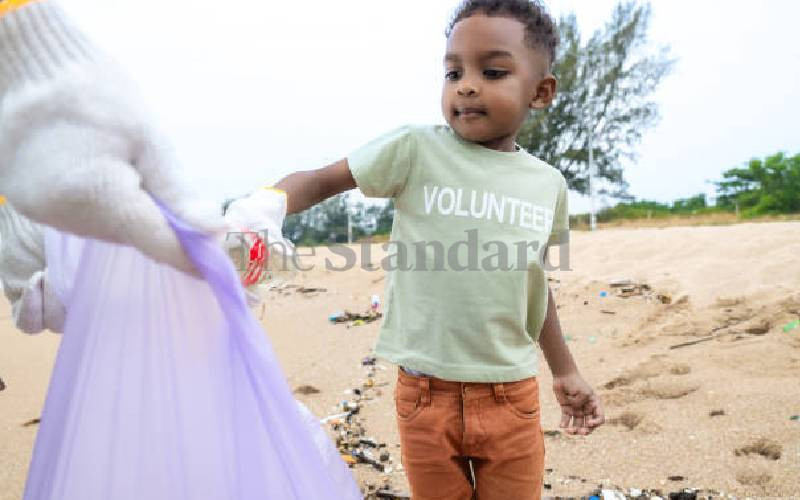
The fight against tuberculosis in Kenya is facing a severe setback due to reduced funding. The World Health Organisation’s TB report for 2022 highlighted a decrease in global spending on essential TB services, falling from US$6 billion in 2019 to US$5.4 billion in 2021.
This amount is less than half of the global target of US$13 billion annually by 2022. The shortage exacerbates a dire situation, with low uptake of TB screening and testing posing a significant challenge.
Kenya is among 30 countries burdened with a high prevalence of TB, recording 150,000-160,000 cases annually. Shockingly, only 50 to 60 per cent of these cases receive treatment, and an alarming 50,000-70,000 TB cases go undiagnosed.
Among the undiagnosed cases, 25,000-35,000 individuals have open TB, meaning they are infectious without even being aware. The undiagnosed TB cases lead to increased infection within communities, resulting in more people developing a disease that could have been prevented.
TB has significant socio-economic impacts, affecting individuals’ health and their ability to work and engage in social and economic activities. The cost of TB treatment is financially draining for affected individuals and their families, particularly the poor.
In 2021, TB claimed 1.6 million lives, and over 10 million people acquired the disease. Yet, it remains woefully neglected and underfunded in many countries, with over 95 per cent of TB deaths occurring in lower-income nations.
Largely, Africa is making progress in the fight against tuberculosis but risks falling short of major milestones and targets if efforts are not rapidly intensified.
To combat TB in Kenya, scaling up advocacy and community engagement is crucial to raise public awareness about prevention and treatment, emphasizing testing and early diagnosis. Many Kenyans are unaware of the risks associated with TB, including the dangers of late diagnosis and treatment. Limited funding hinders public education efforts, resulting in a lack of understanding and an increased risk of transmission.
- New cholera cases in Nairobi, Mandera as death toll rises
- Massive cholera vaccination to prevent deaths
- Wajir launches 10-day cholera vaccination drive
- Make these dietary and lifestyle adjustments to ward off heartburn
Keep Reading
Moreover, funding for TB preventive therapy and active case finding should be increased in Kenya and globally. Treating individuals with latent TB infection and screening high-risk groups can help identify TB cases early and prevent spread.
AIDS Healthcare Foundation (AHF) with other stakeholders, are calling for increased funding for TB prevention and treatment programmes in Kenya. Partnerships between government, private sector, civil society and international public health institutions are crucial to address the funding gap.
Stopping TB in Kenya requires collective effort, not just on World TB Day but every day. The upcoming second UN High-Level Meeting on TB, scheduled for September 2023 in New York City, presents a unique opportunity for stakeholders to renew their commitment to TB prevention and control.
The meeting should prioritise TB funding and address the pressing challenges faced by countries like Kenya.
The writer is AIDS Healthcare Foundation (AHF) Kenya Country Director
 The Standard Group Plc is a multi-media organization with investments in media platforms spanning newspaper print
operations, television, radio broadcasting, digital and online services. The Standard Group is recognized as a
leading multi-media house in Kenya with a key influence in matters of national and international interest.
The Standard Group Plc is a multi-media organization with investments in media platforms spanning newspaper print
operations, television, radio broadcasting, digital and online services. The Standard Group is recognized as a
leading multi-media house in Kenya with a key influence in matters of national and international interest.

